Ballet is all about fancy footwork, so it’s essential that your little dancer has a comfortable pair of shoes. We’ve all had a pair of shoes that just didn’t quite fit; the blisters, the squished toes, the sore heels, it's never a fun experience!
For your child, having the wrong size shoe might end in tears, tantrums and impact their overall enjoyment of ballet classes. We recommend checking the fit of your little dancer’s shoes at the start of each ballet school term to prevent any discomfort.
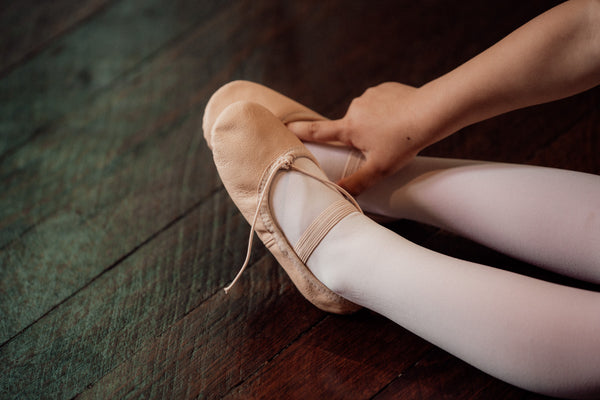
How to choose the right size ballet shoe
Step 1: Measure your child's feet
To make sure you purchase the right size ballet shoe you need an accurate measurement of your child's feet. To measure correctly you will need;
- a wall
- a ruler
- and your little dancer
Method
-
Place your ruler on the floor with the end against the wall.
- Have your little dancer stand on the ruler with their heel gently against the wall and their weight in both feet.
-
Measure from their heel to the tip of their longest toe (usually the big toe or the second toe). Make sure there are no scrunched toes!
-
Add a thumbs width (approximately 15 to 20 mm) to your little dancer's foot length and check the size chart for the closest size. If in doubt size up, it's usually better to have more wiggle room than not enough.
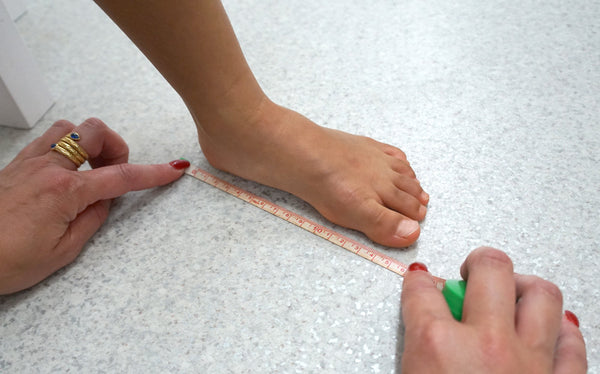
Step 2: Buy a new pair of shoes!
Buying shoes online
If you are buying your new ballet shoes online, using the method above and measuring your child’s foot should be a big help. Then refer to the maker's size chart which will list the different sizes and foot measurements to help you work out the best size for your dancer.
Refer to the size table below for Flo Dancewear’s ballet shoe sizing.
BALLET SHOES
| AUS | 5 | 6 | 7 | 8 | 9 | 10 | 11 | 12 | 13 | 1 | 2 |
| USA | 6 | 7 | 8 | 9 | 10 | 11 | 12 | 13 | 14 | 2 | 3 |
| Europe | 22 | 23 | 24 | 25.5 | 26.5 | 28 | 29 | 30.5 | 32 | 33 | 34 |
| Length | 13.1 | 13.9 | 14.7 | 15.6 | 16.5 | 17.1 | 18.1 | 19.0 | 19.5 | 20.3 | 21.6 |
*Measurements are in centimetres.
It is usually best to err on the side of caution so if you find you are ½ cm either side of the online size guide it is advisable to go the size above.
Buying shoes in-store
If you are heading into a store for new ballet shoes try a pair with the exact fit, according to your measurements, and a pair the next size up. You'll be able to see which size allows for the easiest movement and is the most comfortable for your little dancer.
Flo Dancewear Ballet Shoe Sizing Test
To test the fit ask your child to stand up and place your index finger in between their heel and the back of the shoe. Once your child is standing tall, your finger should fit comfortably in that space, this will allow them to move easily when dancing. If your finger is being pinched tightly try the next size up.

Next, try the pinch test by slightly pinching the tip of your child’s shoe using your index finger and thumb. You should feel the shoe hugging the toes nicely and with no pulling or stretching around the longest toe. If there's any extra material or their toes are curled, you'll need to try a different size.
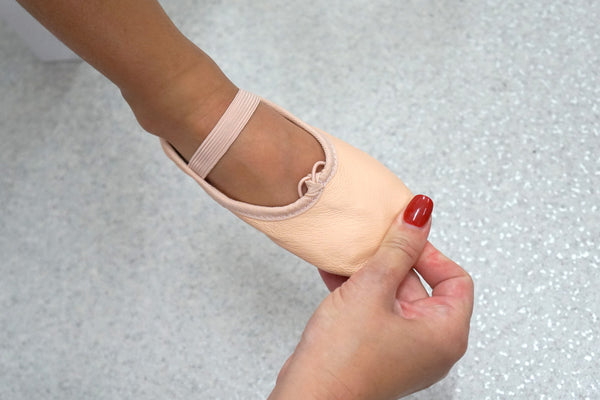
We know it’s tempting to purchase a larger shoe for your child so they’ll wear them for longer and grow into them but it can take months for the shoes to finally fit correctly. For your little ballerina that will be months of flapping around in too-big shoes making following the steps in class more difficult.
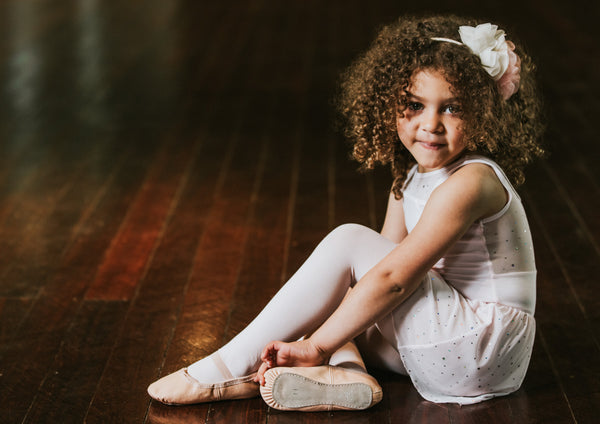
Important things to remember with shoes and sizing
Other factors to consider when buying ballet shoes for your little dancer are quality vs cost, canvas vs leather, single elastic vs double and, full sole vs split sole.
Quality vs Cost
Inexpensive, badly made shoes can quickly fall apart and may not adequately support your little dancer's feet. We will always recommend looking for the best quality of shoes within your budget.
Look at reviews online, talk to your child's ballet teacher and other dance mums for their recommendations on which shoes to buy. A good quality, second-hand pair of ballet shoes is a great money-saving option which leaves more budget for their class fees.
Canvas vs Leather
Leather shoes are thicker and more durable than canvas shoes but do require a little wearing-in.
Canvas shoes are thinner and more immediately comfortable than a leather shoe but they are less durable and may easily wear through.Single Elastic vs Double
Single elastic shoes are easier and quicker to put on and off and are generally recommended for small children.
Double elastic shoes have two elastics crossed over on top of the foot. When positioned correctly double elastics will provide more support and define the arch better. They are more suited to older children.
Depending on the brand of shoes you may need to sew in the elastics. Sewing in elastics gives you more customisation on the fit of the shoes.
Full sole vs Split Sole
The choice of which ballet shoe sole best suits your child will depend on their age and how long they have been dancing.
A full sole ballet shoe has a suede sole that runs from heel to toe providing resistance along the underside of your child’s foot.
A split sole ballet shoe should only be considered once your little ballerina has learned to manipulate the entire length of their foot.
See our blog on how to choose the right ballet shoes for more information on what type of ballet shoe is right for your little dancer.
~
Still have questions? Leave a comment below and I'll answer them as best I can.
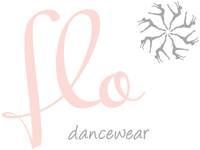
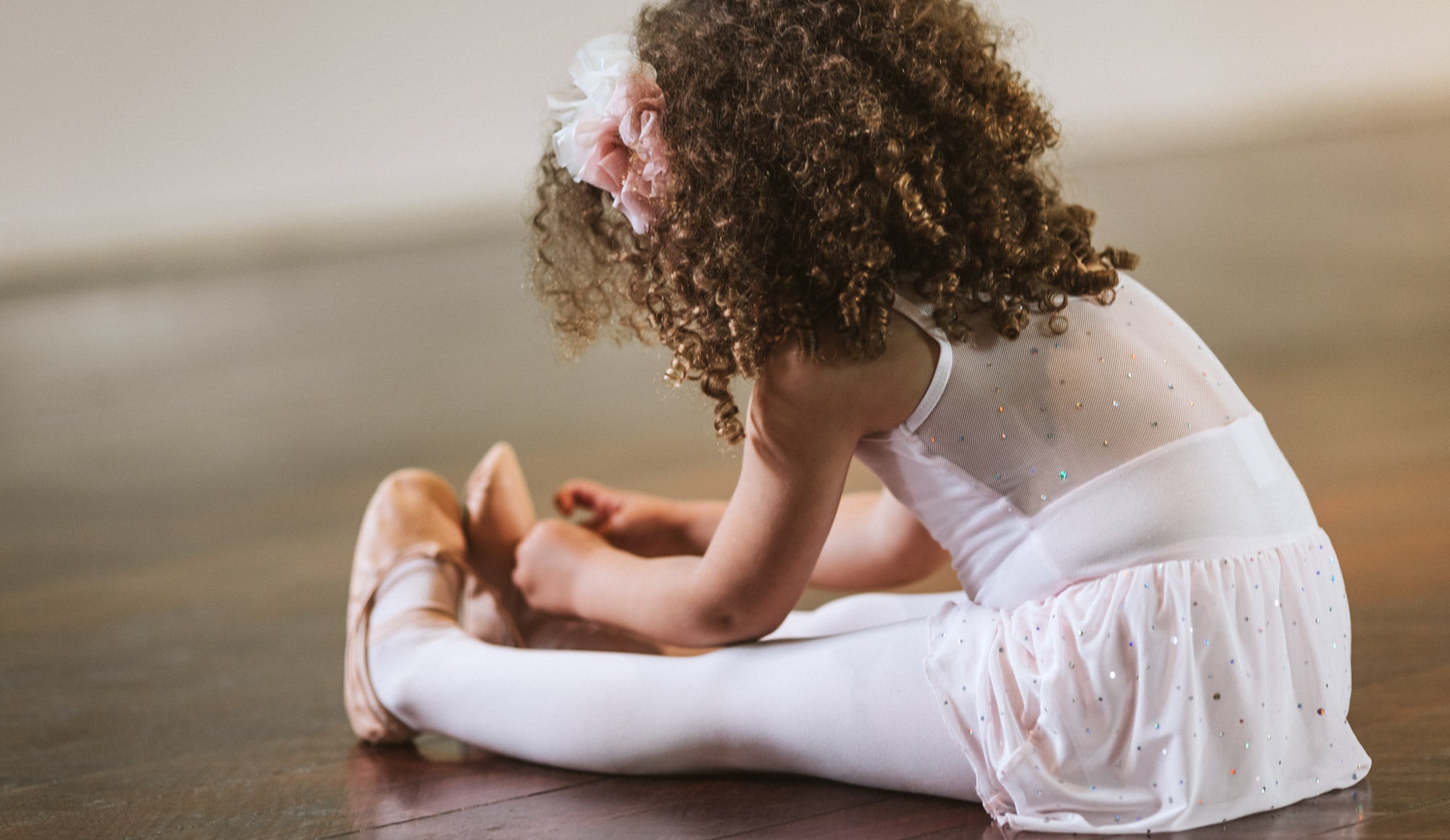
Leave a comment